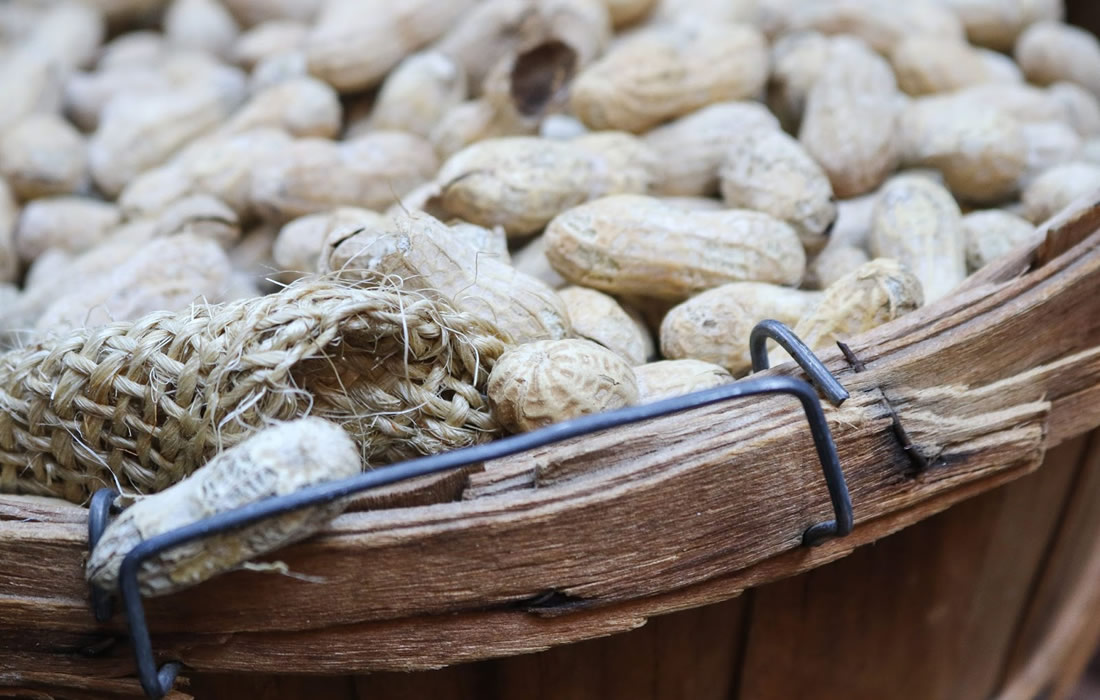Regenerative Medicine News and General Information
Evaluating Immunotherapy for Toddlers Allergic to Peanuts
A three-year clinical trial funded by the National Institutes of Health and Food Allergy Research and Education (FARE) has shown that the sublingual immunotherapy, or SLIT, is safe in peanut-allergic children ages 1 to 4, with a greater likelihood of desensitization and remission the earlier the treatment began.
The study included peanut-allergic 1 to 4 year-old children randomized to receive 4 mg peanut SLIT versus placebo.
A total of 50 participants (40 at UNC Medical Center, 10 at University of Texas Southwestern Medical Center) were enrolled.
Participants were randomized 1:1 with 25 receiving peanut SLIT and 25 receiving placebo.
It’s an approach where the treatment is given as a small amount of liquid under the tongue, instead of peanut flour that is mixed with other food and then eaten like it is during oral immunotherapy, or OIT.
Findings showed that peanut SLIT can be highly effective in treating peanut-allergic toddlers with almost 80% tolerating 15 peanuts without allergic symptoms after completing the treatment.
With most typical peanut-allergic reactions being caused by one peanut or less, these results would translate into strong protection against exposures to peanuts.
In addition, researchers showed that remission of the peanut allergy may be possible after peanut SLIT with 63% of the toddlers maintaining their protection three months after stopping the treatment.
These new findings show that early intervention with peanut SLIT is promising and warrants further development.
“From our prior studies in older children, we were optimistic that peanut SLIT could have a similar treatment effect in toddlers,” said Kim, corresponding author of the study, pediatric allergy and immunology division chief and director of the UNC Food Allergy Initiative.
“However, what we found was even better. The desensitization levels we saw were higher than expected and on par with levels we normally would only expect with oral immunotherapy. Just as important, rather than wearing off quickly, we were excited to see that over 60% stayed protected three months after stopping the treatment.”
One of the presumed strengths of the SLIT approach when compared to OIT has been its overall safety and simple administration.
While most treatment side effects with OIT are mild to moderate, severe reactions requiring emergency treatment do occur and there remains a critical need to develop treatments with more manageable side effects.
Treatments that can protect children from allergic reactions while still being safe and practical for busy families can be life-changing, and researchers are hopeful that peanut SLIT can be one of those options.
Sources:
Edwin H. Kim, J. Andrew Bird, Corinne A. Keet, Yamini V. Virkud, Lauren Herlihy, Ping Ye, Johanna M. Smeekens, Rishu Guo, Xiaohong Yue, Anusha Penumarti, Bahjat Qaqish, Quefeng Li, Michael D. Kulis, A. Wesley Burks. Desensitization and remission after peanut sublingual immunotherapy in 1- to 4-year-old peanut-allergic children: A randomized, placebo-controlled trial. Journal of Allergy and Clinical Immunology, 2023; DOI: 10.1016/j.jaci.2023.08.032
University of North Carolina Health Care. “Toddlers allergic to peanuts: Study shows how sublingual immunotherapy is safe and effective.” ScienceDaily. ScienceDaily, 14 October 2023. <www.sciencedaily.com/releases/2023/10/231014131010.htm>.
Materials provided by University of North Carolina Health Care. Note: Content may be edited for style and length.
Images from:
Photo by Katie Salerno
https://www.pexels.com/photo/brown-peanut-on-brown-container-18752/

